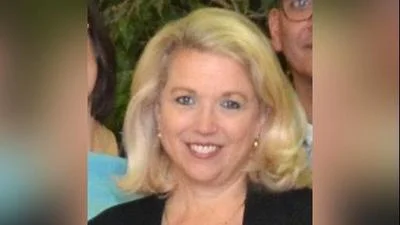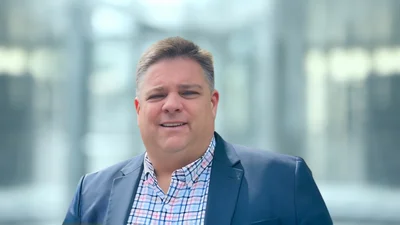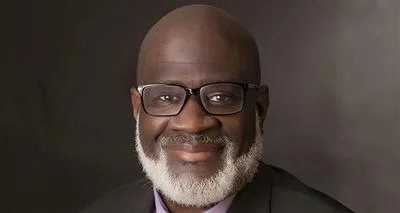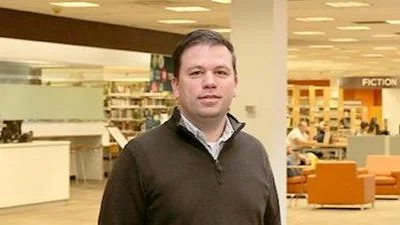Loyola Academy's "Wheel of Privilege." | X / Dan Proft
Loyola Academy's "Wheel of Privilege." | X / Dan Proft
Chicago's Morning Answer radio host Dan Proft stirred controversy by condemning Loyola Academy’s adoption of the “Wheel of Power/Privilege” instructional tool.
He suggests that the activity entails assigning or identifying individuals with varying levels of privilege or victimhood based on chance.
“Spin the wheel and select a victim status,” Proft posted on X. “The Wheel of Power/Privilege instructional featured at Loyola Academy HS in Wilmette, IL, a wealthy, honky enclave where the schools, even the ostensibly Catholic ones, are self-flagellation spas to release guilt toxins.”
Profit’s critique underscores what he deems to be an excessive focus on guilt and victimhood within wealthy and predominantly white communities, particularly in educational institutions.
Loyola Academy is comprised of over 2,000 students. The school has been in operation since its founding by the Jesuits in 1909. The school costs $19,950 per year to attend.
The wheel is an example of intersectionality, a phrase coined by academics seeking to bundle together disparate elements of society.
According to the National Review, the term comes from academic Kimberlé Crenshaw’s exploration of how various identity markers intersect to shape individual experiences. Critics note that the tendency in intersectionality advocates to monopolize the experiences of marginalized groups and highlights the danger of codifying identity hierarchies. Ultimately, critics argue for a nuanced understanding of social dynamics beyond rigid theoretical frameworks, emphasizing the importance of individual perception and critical engagement with reality.
In her TED Talk, Crenshaw emphasized that if someone stands at the intersection of multiple forms of exclusion, they are likely to face the impact of both. Crenshaw calls for acknowledging this reality and advocating for victims of prejudice.
“Many years ago, I began to use the term “intersectionality” to deal with the fact that many of our social justice problems like racism and sexism are often overlapping, creating multiple levels of social injustice,” Crenshaw said.






 Alerts Sign-up
Alerts Sign-up